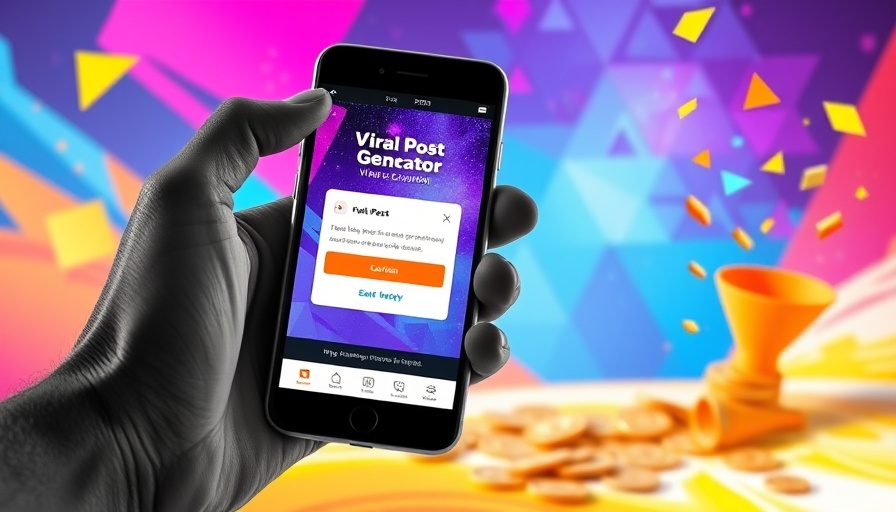
The Power of Emotional Intelligence in Leadership
In a world where high-pressure situations are commonplace, the ability to manage emotions effectively holds a unique value. Just as LeBron James shared pivotal advice with Luka Doncic, every coach, consultant, and business owner can learn the importance of emotional intelligence (EQ) in driving team success. James urged Doncic prior to his Lakers debut to 'just hoop and be yourself,' underscoring a transformative approach to leadership that encourages individuality and authentic expression.
Understanding the Shift from 'Fitting In' to 'Fitting Out'
This advice marks a shift from LeBron's early thoughts, where he previously encouraged teammates to fit in. The evolution of his perspective—from wanting everyone to blend into a cohesive unit to celebrating their unique contributions—is significant. It represents a broader understanding that each member's strengths can enrich the group dynamic. For Doncic, the directive to embrace his uniqueness rather than conform helps to foster an environment where creativity and performance can flourish.
Why Unique Contributions Matter in Team Dynamics
When team members feel empowered to express their individual strengths, they not only perform better but also contribute to a more dynamic and innovative group atmosphere. In Doncic's case, his impressive stats—averaging over 31 points per game—demonstrate this principle in action. As a team leader, leveraging the unique talents of each player catalyzes collaboration and engagement that drive results.
Emotional Intelligence: A Skill for Personal and Professional Growth
LeBron James's insights extend beyond basketball and enter the realm of personal growth and business leadership. Understanding and managing emotions can significantly impact workplace relationships and team performance. Cultivating EQ allows leaders to engage their teams authentically, fostering trust and communication. As leaders improve their emotional intelligence, they can create a culture that encourages risk-taking and innovation, which are essential for any organization's survival in today's competitive landscape.
Practical Insights for Leaders: Implementing EQ in Your Strategy
For coaches, consultants, and business owners, the lesson here is clear: embrace emotional intelligence in your leadership style. Start by promoting open communication within your teams, encouraging members to share their ideas and perspectives freely. Consider these actionable insights:
- Conduct regular check-ins to gauge morale and emotional well-being among team members.
- Create opportunities for team-building exercises that celebrate individual strengths.
- Encourage feedback and make adjustments based on team dynamics to foster a supportive environment.
Understanding the Impact of Emotional intelligence on Client Relationships
For those working in client-centric industries, channeling LeBron's words can have profound implications. How you relate to your clients can dictate the success of your business. Emotional intelligence allows you to navigate the complexities of client relationships, ensuring communication is clear and empathetic. By applying EQ to these interactions, one can foster trust and long-lasting partnerships, ultimately leading to improved client retention and satisfaction.
Final Thoughts: Channeling Advice into Action
In conclusion, LeBron James's wisdom, shared in a moment of camaraderie, reflects a vital concept that transcends basketball: the importance of emotional intelligence in leadership. As we navigate personal and professional relationships, remember that each individual's unique contributions enhance team success. Whether you are leading a team, coaching others, or simply engaging with clients, embracing and leveraging emotional intelligence can ultimately inspire growth and achievement.
As you reflect on the application of EQ in your own practices, consider actively nurturing these skills among your peers and teams. The journey toward improved leadership through emotional intelligence can lead to extraordinary outcomes both on and off the court.
 Add Row
Add Row  Add
Add 






Write A Comment